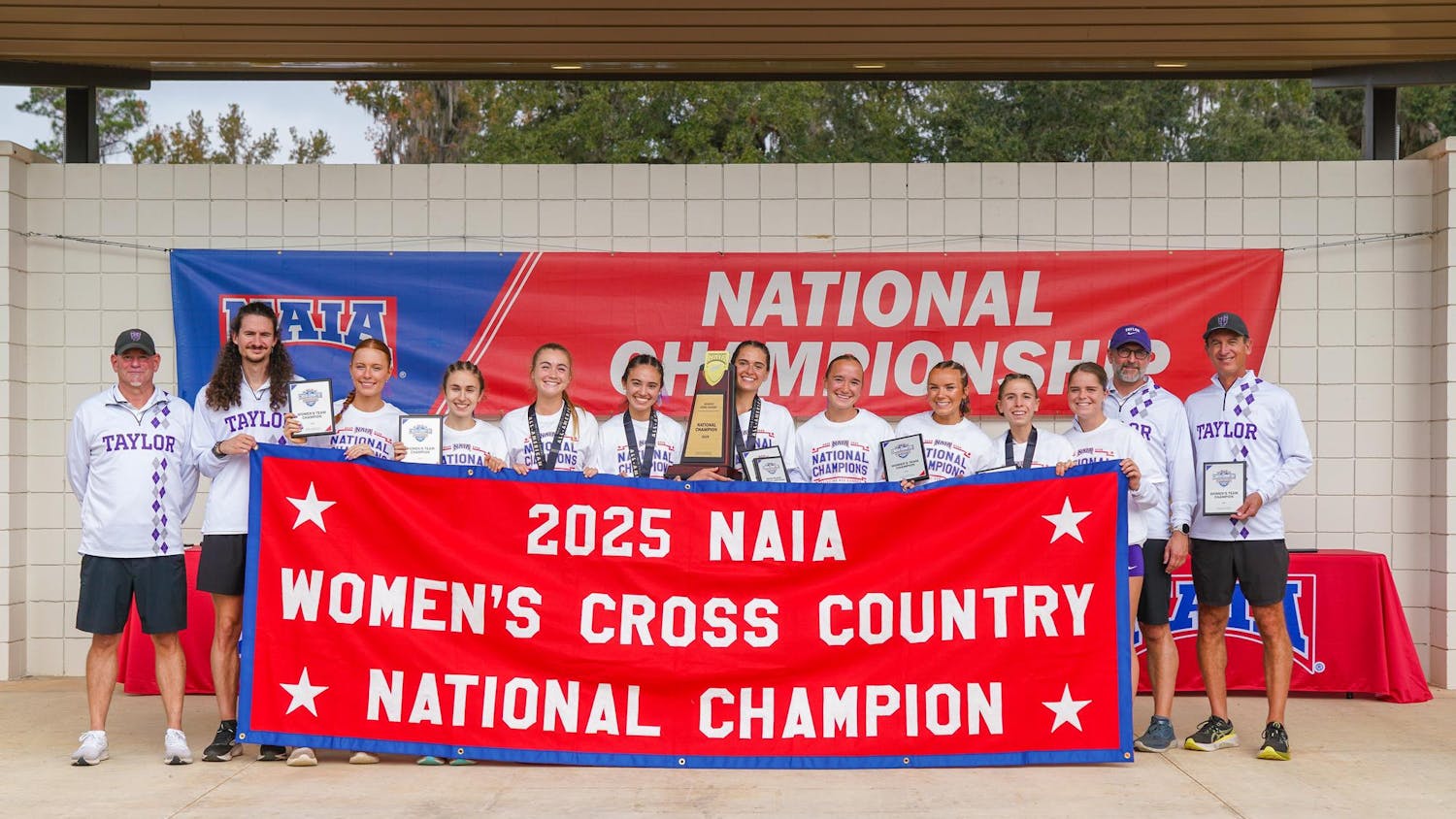By Kelly Sisson | Contributor
Malala Yousafzai was an advocate for education from a young age. At age 11 she gave a speech entitled, "How dare the Taliban take away my basic right to education?" In the few years following that speech, she was targeted by the Taliban for speaking out for girls' education. She believes so deeply in the importance of education that even after a Taliban attack that almost led to her death and threats that are still aimed towards her today, she continues to be a tireless advocate for the 66 million girls worldwide who are deprived of education.
This weekend, I had the privilege of hearing Malala speak about education and the global refugee response at DePauw University. Malala spoke with courage, conviction and great compassion. One thing that struck me was her belief in the necessity of investing in education rather than war. She believes that the most effective things that can fight terrorism are education and dialogue. When children are provided with secure places to grow and learn, she believes this helps prevent them from turning to extremism. She does not support governments pouring billions of dollars towards war funding when they could instead pour resources towards preventative measures such as education for vulnerable children.
Malala is the youngest ever Nobel Peace Prize laureate, and in her acceptance speech she inquired, "Why is it that countries which we call strong are so powerful in creating wars but are so weak in bringing peace? Why is it that giving guns is so easy, but giving books is so hard? Why is it that making tanks is so easy, but building schools is so hard?"
On her Malala Fund website, she wrote that if the whole world stopped spending money on the military for just eight days, there would be $39 billion dollars. That money could provide 12 years of free, quality education to every child on the planet. To put this in perspective, in 2015, military expenditures accounted for about 54 percent of the U.S. discretionary spending, according to The National Priorities Project. In contrast, education accounted for only six percent of the budget.
She challenges world leaders who believe that it is sufficient for children in developing countries to only become literate and not further their education, while their own children are studying algebra, mathematics, science and physics.
Malala is also deeply concerned about the refugee crisis and committed to their opportunities for education. There is an enormous need for the education of about half a million refugees in Turkey, Jordan and Lebanon who have been displaced since childhood, and people like Malala are stepping up to meet that need. She urges us to focus on the humanity of children in crisis and to take action, responding not only to their most basic needs, but their needs as whole people. On her 18th birthday, she opened a school to educate 200 Syrian refugee girls in Lebanon.
Malala is a visionary and a peacemaker, and she is not content to simply accept the inequalities and injustices in the world. When she was asked this weekend what one of her biggest achievements was, she responded by saying that she will not see her work as a true achievement until she sees all children receiving an education.
We have much to learn from leaders such as Malala and her faithful and zealous response to desperate needs in the world. What would it look like for more young people to boldly act on their convictions? What would the world look like if we turned to conversation instead of conflict, and to books instead of bullets?




